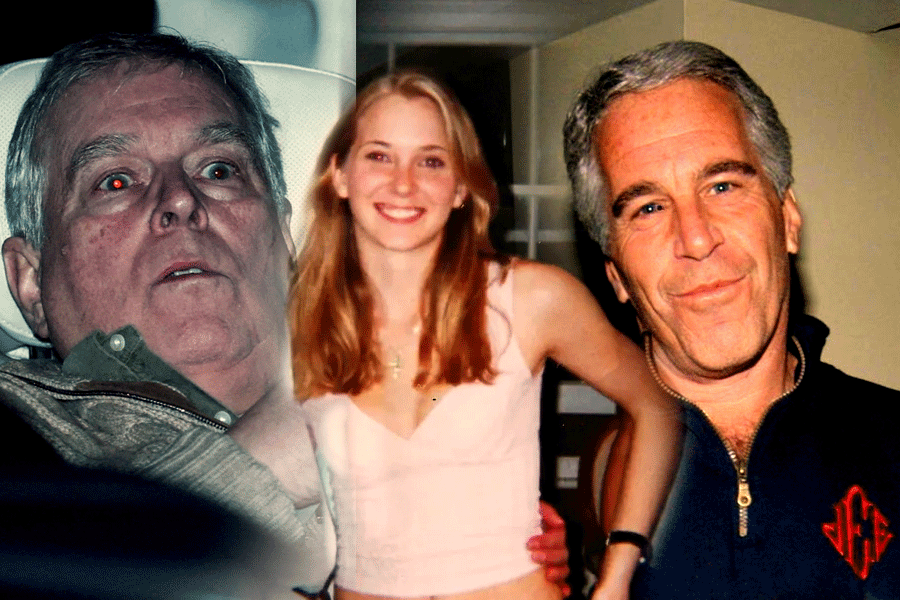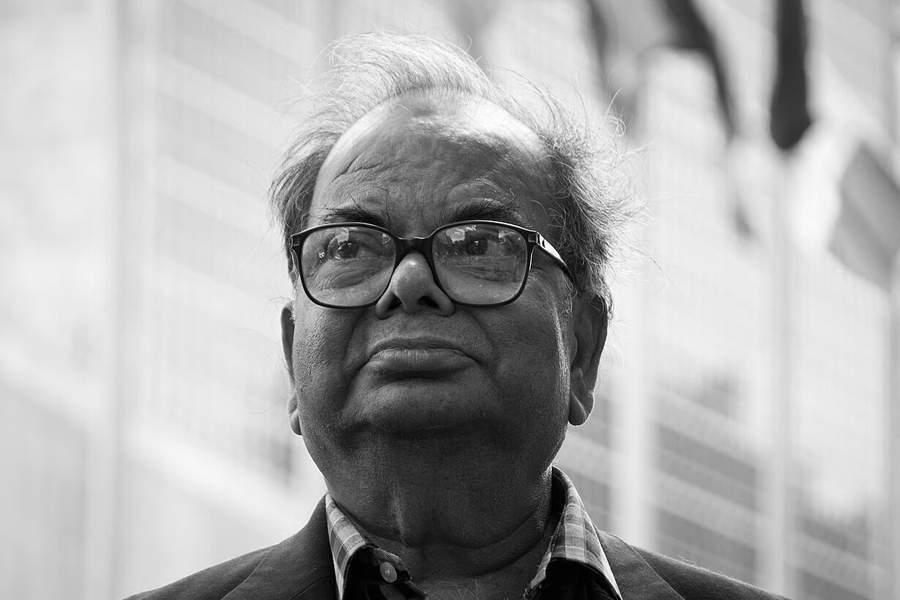New Delhi, July 7 :
New Delhi, July 7:
Union law minister Jana Krishnamurthi today said Parliament alone could bring in a law or amend the existing election rules to incorporate facts like educational qualification and assets and liabilities of candidates and their criminal records in the nomination forms.
In an interview, Jana said 'the Supreme Court cannot order that a particular law should be enacted or amended' and cited an earlier verdict of the apex court in this regard.
Saying there should be a political consensus on the matter, the law minister said an all-party meeting he has convened on July 8 would decide about the nature of law - either an amendment to the existing one or a new one through amending the Constitution.
'The Supreme Court has ordered that during elections, candidates should declare in the nomination papers all their antecedents. But the court cannot order for amending or enacting a law. This is the settled position of law by the very court. Parliament alone can enact or amend a law. But the Election Commission has effected certain changes that were also informed to the government. Now the government has to take a decision. That's the reason why we have called an all-party meeting,' Jana said.
Establishment of a National Judicial Commission will also be discussed in the meet. To be made responsible for appointing, promoting and removing judges, Jana said the commission was very much in the NDA agenda and it was also in the election manifesto. However, a consensus on this matter was also needed, he added.
'Earlier, judges were appointed by the government of the day. But after a 1993 judgement of the Supreme Court, the Chief Justice of India, in consultation with at least two senior-most judges of the Supreme Court, appoints judges. In the case of appointment to high court, the chief justice of the high court concerned is also consulted. Now that the National Commission to Review the Working of the Constitution, too, has recommended for a judicial commission, the matter needs the attention of the government, which is trying to evolve a consensus among political parties,' the minister said.
Dismissing alleged 'differences' with Prime Minister Atal Bihari Vajpayee, Jana said he did not want to take up ministerial assignment as he was not willing to occupy a Governor's post when offered a few years back. 'But there was no bad blood and that I got upset and went away to Chennai was a colourable interpretation by the press. In fact, before going to Chennai, I told the Prime Minister that I would take up any assignment after coming back (from Chennai) as I had a personal engagement there. It was interpreted as if I were hurt,' he clarified.
The minister refused to answer anything on common
civil code, one of the core issues of the BJP from its Jan Sangh days, on grounds that 'it is not on the NDA agenda'.
He also parried queries on the Prevention of Terrorism Act and the proposed arrest of Vaiko by the Tamil Nadu government, insisting that 'after the minister concerned, who is the home minister and deputy Prime Minister, has expressed the views of the government, I cannot say anything'.
As for the steps initiated by former law minister Ram Jethmalani in issues like personal law reforms, Muslim law, maintenance and so on, Jana said: 'I have just taken over charge (as law minister), I have to study and understand.'
 Friday, 20 February 2026
Friday, 20 February 2026









